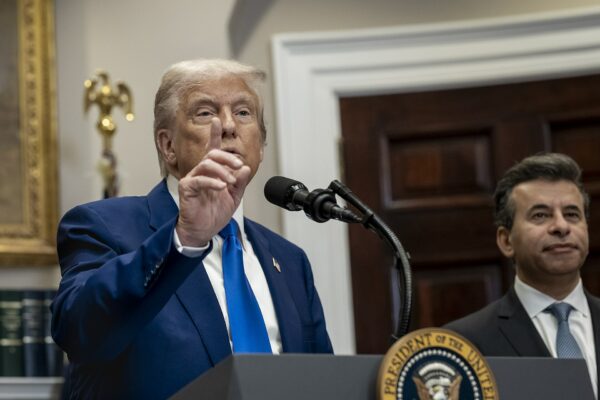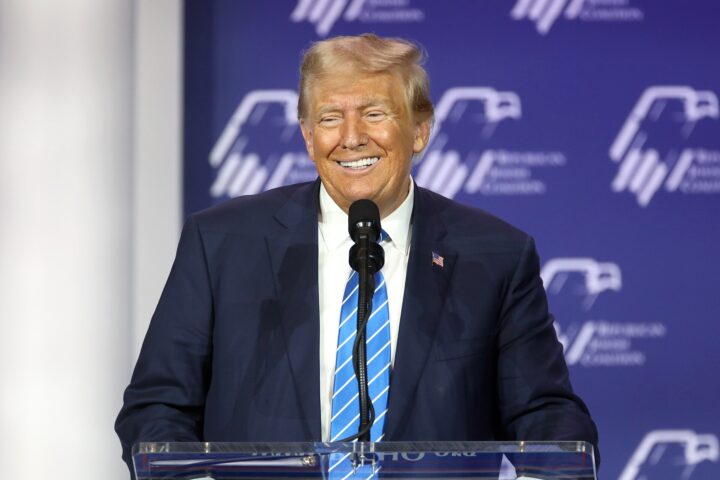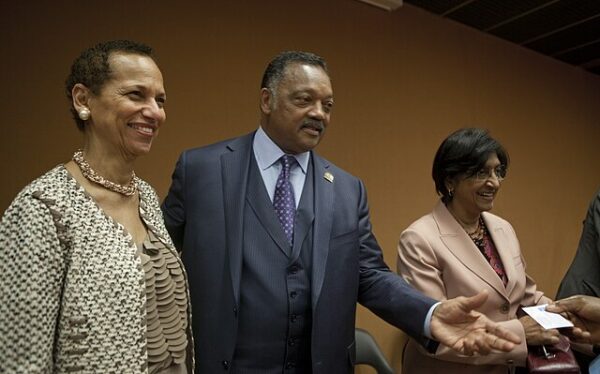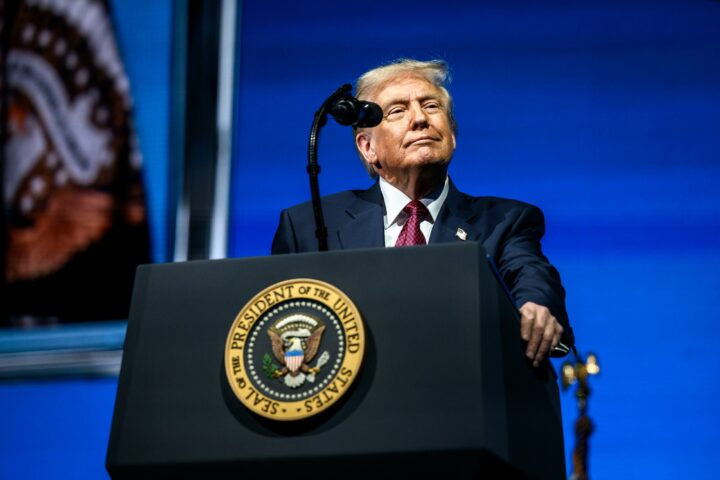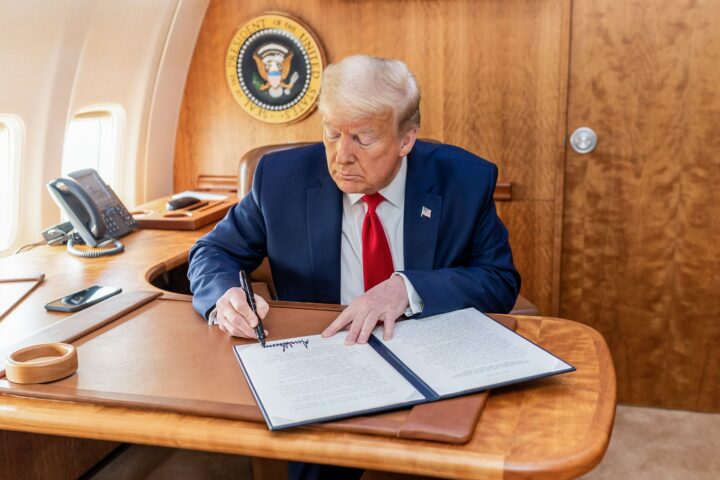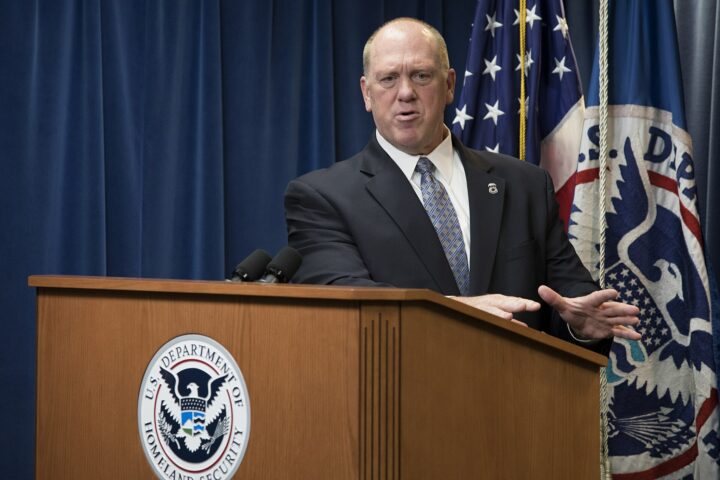President Donald Trump used his seventh cabinet meeting of the term to announce a sweeping new policy: his administration will pursue the death penalty for homicides committed in the nation’s capital.
“If somebody kills somebody in the capital, Washington, D.C., we’re going to be seeking the death penalty,” Trump declared, calling the measure “a very strong preventative.” Acknowledging public unease, he added, “I don’t know if we’re ready for it in this country, but we have no choice.”
The announcement builds on Trump’s broader campaign to assert federal control over public safety in Washington, writes Axios. Earlier this month, the administration placed the Metropolitan Police Department under federal authority and dispatched 800 National Guard troops to patrol city streets, citing what Trump called a “dire public safety crisis.” He has long signaled his interest in restoring capital punishment, boasting of record federal executions during his first term and promising his Justice Department would “vigorously pursue the death penalty.”
Trump has noted that D.C.’s homicide rate—27.3 per 100,000 residents in 2024—as among the nation’s highest, surpassing cities like New York and Chicago. Critics counter that the number pales beside the 1990s, when the capital’s homicide rate peaked above 80 per 100,000.
The road to reinstating the death penalty in D.C. is fraught with legal barriers. The Supreme Court invalidated capital punishment in the District in 1972, and the D.C. Council repealed it in 1981. A 1992 referendum, required by Congress, saw residents reject reinstatement by a 2-to-1 margin, wrote TIME. While 27 states still allow executions, capital punishment in D.C. would hinge on federal prosecutors bringing charges approved by the Attorney General—circumventing local law.
For Trump, the push underscores a broader effort to project toughness on crime and position D.C. as a test case for national policy. But it also sets up a collision with city leaders and community activists, who argue federal intervention ignores local solutions and risks deepening mistrust in neighborhoods already strained by economic and social pressures.

